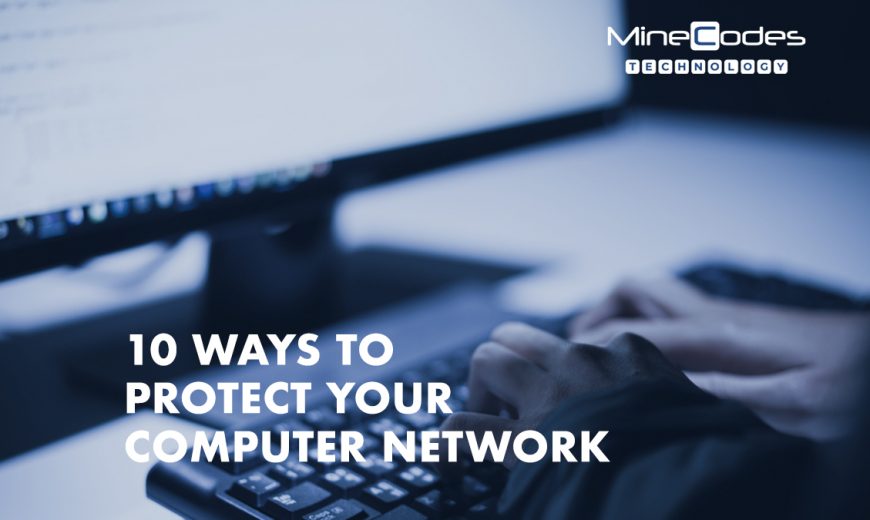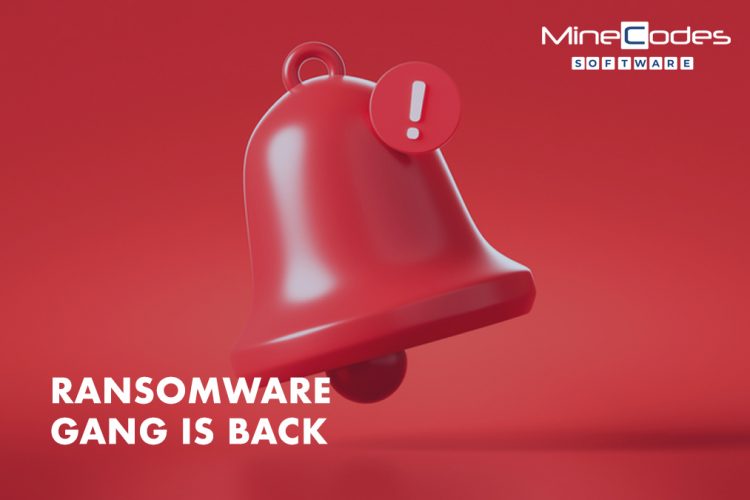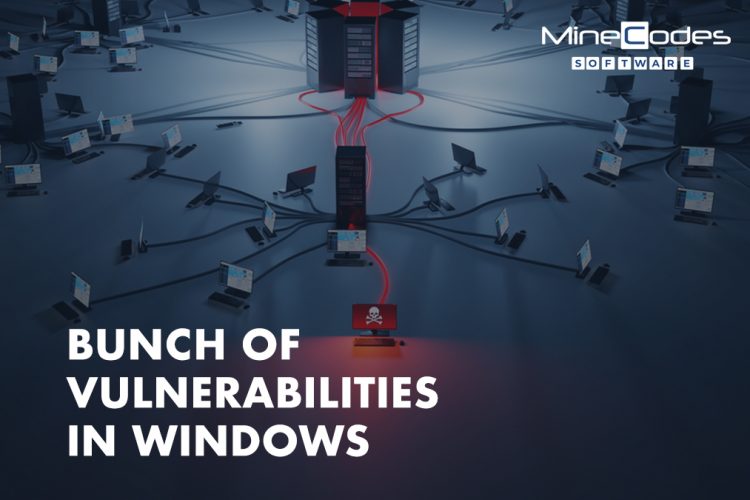
Cyber attacks will bring your computer network to a halt, bringing your whole company to a halt. If hackers are able to take down your computers and network equipment, for example, staff will be unable to perform their duties, and your company will be unable to do business with others. It makes no difference whether your company is large or small; hackers will attack you in any case. Cyber breaches cost big corporations millions of dollars in data loss, thus driving smaller businesses out of business. As a result, it’s important to take the appropriate precautions to protect your computing network from cyber attacks that could bring the whole company to a halt.
Employees Should Be Educated on Cybersecurity Threats
Cybersecurity risks to companies are not recent, but many workers continue to partake in online activity that places company networks at risk. For example, they could open dangerous email attachments, visit virus-infected websites, or click on links that could infect their device (and the whole network) with malware. As a result, you must teach your workers how to use the internet safely. You will find video guides and webinars available that can clarify all of the big cybersecurity risks to your employees.
Strict Network Use Guidelines Must Be Enforced
Only if the customers follow protocols to keep your corporate network secure from malware would you be able to keep your data network safe. Once you’ve given your staff experience, keep them responsible for adhering to your network usage policies. Many businesses have laws in place that spell out the consequences of breaking computer access rules.
Restriction on Data Access
Very certainly, you won’t need to provide every employee access to every piece of data on the network. You will protect your company’s most precious commodity, records, by restricting employee access to it. For example, a salesperson would not need access to any of the company’s financial data. HR personnel do not need access to extremely classified trade secrets. Simply give each employee access to the information they need to accomplish their tasks.
Sensitive Data Should Be Encrypted
Data protection is another way to keep the company’s sensitive details secure. Hackers would find it incredibly difficult to enter the data if it is encrypted. Since several common video messaging applications, such as Zoom, do not encrypt calls, your organisation should use encrypted communication networks for online meetings and video conferencing calls among employees. No one from the outside, such as a rival, should listen in on meetings and discussions in this manner. Your company’s data and messages can be encrypted with the assistance of an IT security specialist.
Update the software.
Regrettably, tech isn’t always flawless. Hackers are often able to obtain access to operating systems, network servers, and computer programmes by exploiting security flaws. To keep your computer network secure, your IT workers must instal programme upgrades and security patches on a regular basis. When new updates become available, you can configure all Windows-based devices to automatically download and instal them. Software upgrades, on the other hand, can be scheduled while the staff aren’t using their phones. Additionally, make sure the internet protection programme is up to date.
Firewalls will help protect the company’s network.
One of the best protection against cyber threats is a firewall. Hackers would be unable to obtain access to the network’s internal servers and machines if you have a firewall. The Windows Firewall is pre-installed on all Windows-based computers, notebooks, and tablets. If you’re using a laptop that isn’t Windows, you’ll need to look for internet security software that provides a firewall. Firewalls are also needed for your network routers and servers.
Wireless Networks That Are Secure
In computer networks, wireless access points are often a vulnerable point. That’s because it’s much easier for hackers to steal data when it’s sent over the air. As a result, a virtual private network can be used to protect all of the wireless networks. VPNs are sometimes used in internet security software kits that you can run on your wireless devices.
Set up Web Filters
You can alert your network users not to access harmful websites, but installing web filters is one of the most effective ways to prevent them from doing so. Web filtering can be set up to block particular websites, such as Facebook, as well as pages that the internet protection software hasn’t tested as secure. Web filters could be installed on your network by an IT protection expert.
Activate Email Filters
Another critical line of protection against cyber threats is email filtering. Any email sent to your network users will be scanned through email filters. They’ll also get rid of any remotely harmful email attachments, such as viruses that might bring the whole network to a halt. Spam communications that are of no use to the staff would be blocked by most filters. Internet protection software also includes email filters.
Dispose of Old Computers and Media Storage Properly
Hacking and cyber warfare aren’t the only sources of data theft. Important data is often stored on old machines and media accessories (such as flash drives), which the company does not want to fall into the wrong hands. Never throw away any data storage devices without first wiping them clean.
To summarise, protecting the network from cyber threats requires adequate staff preparation and consistent device use guidelines. You can also limit who has access to data and make it encrypted. Fix vulnerability vulnerabilities by installing automatic patches on a regular basis. Install firewalls to block hackers from obtaining access to the internal network. Make sure you have a VPN installed on all of your wireless networks. Install email and site filters to improve your online protection. Finally, before discarding obsolete computing devices, make sure all evidence is erased.
#CyberAttacks #ComputerProtection #EncryptSensitiveData #ProtectFirewalls #SecureNetwork
Article Credits –
i-bankonline.com



